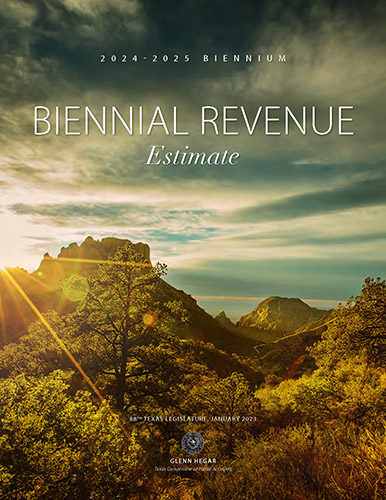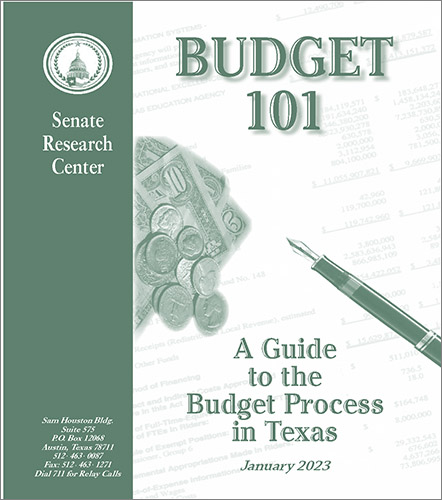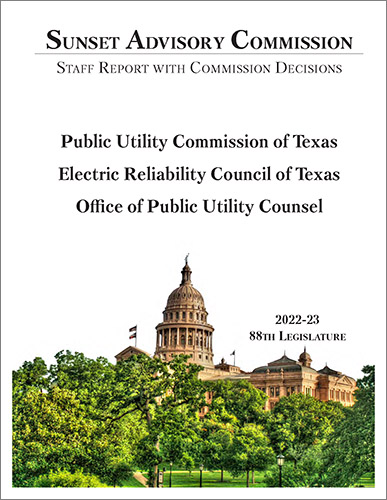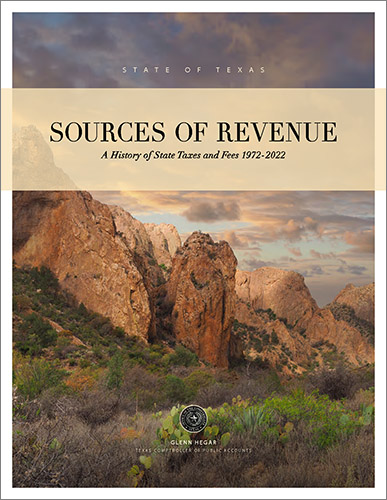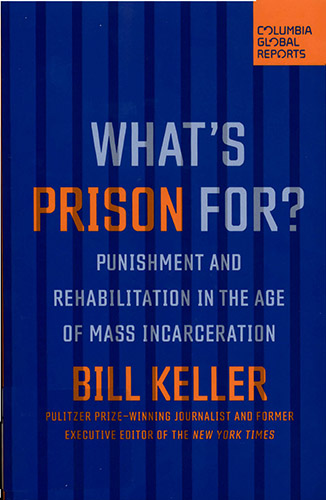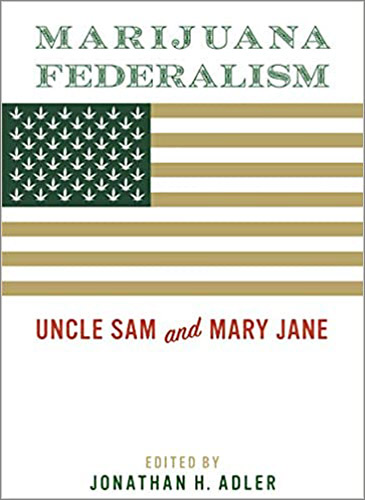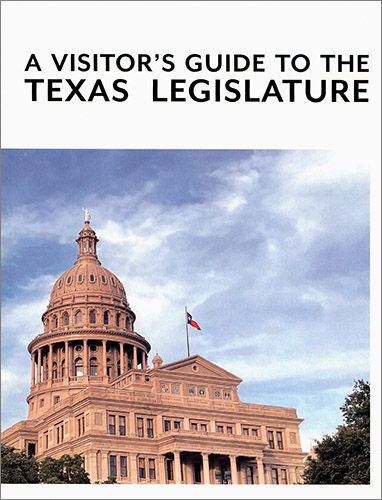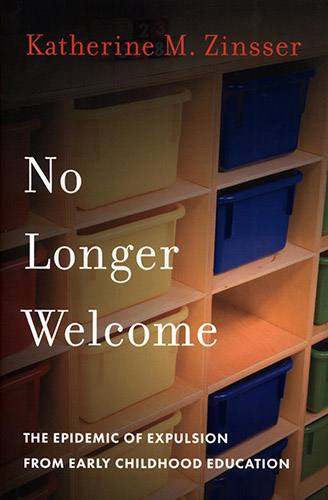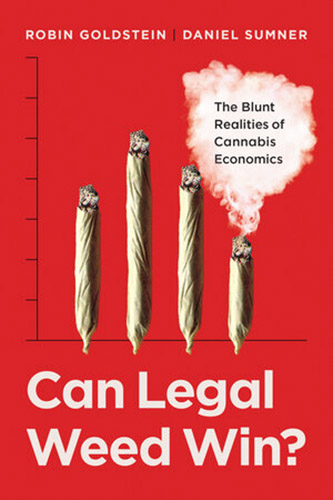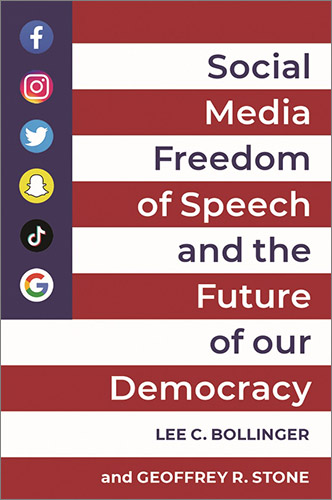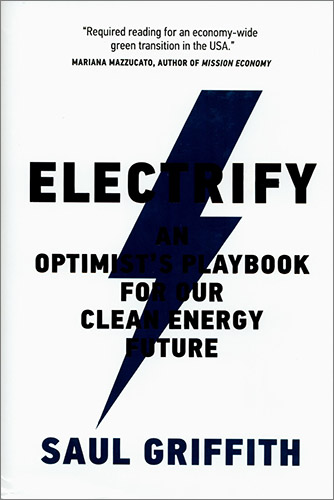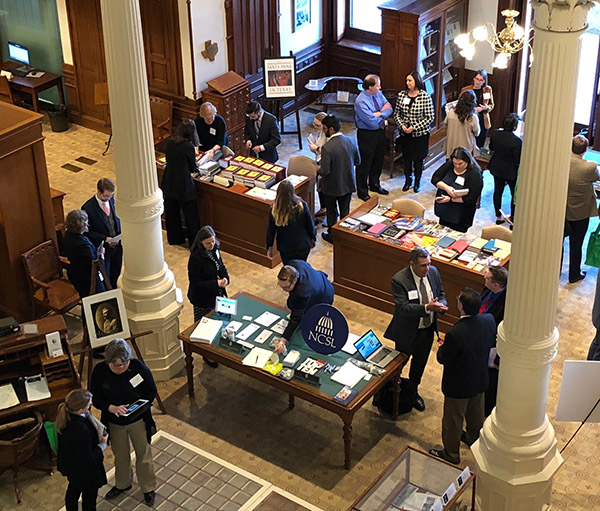In this weekly post, we feature helpful research tools and recent articles of interest to the legislative community.
- Review top cybersecurity risks for 2023. (Bipartisan Policy Center, February 2023)
- Consider housing market valuations in the context of flooding risks. (Nature, February 16, 2023)
- Search for state legislation related to 911 services. (National Conference of State Legislatures, updated February 15, 2023)
- Find out if your vehicle is subject to a recall. (National Highway Traffic Safety Administration, accessed February 22, 2023)
- Read about a fatal disease in rabbits spreading eastward in Texas. (Texas Parks & Wildlife Department, February 21, 2023)
Librarians review and select articles from more than 1,000 print and online sources to compile a weekly annotated list of Current Articles of interest to the legislative community. View this week's Current Articles.
Members of the Texas legislative community may request articles by using our online form or by calling 512-463-1252.

